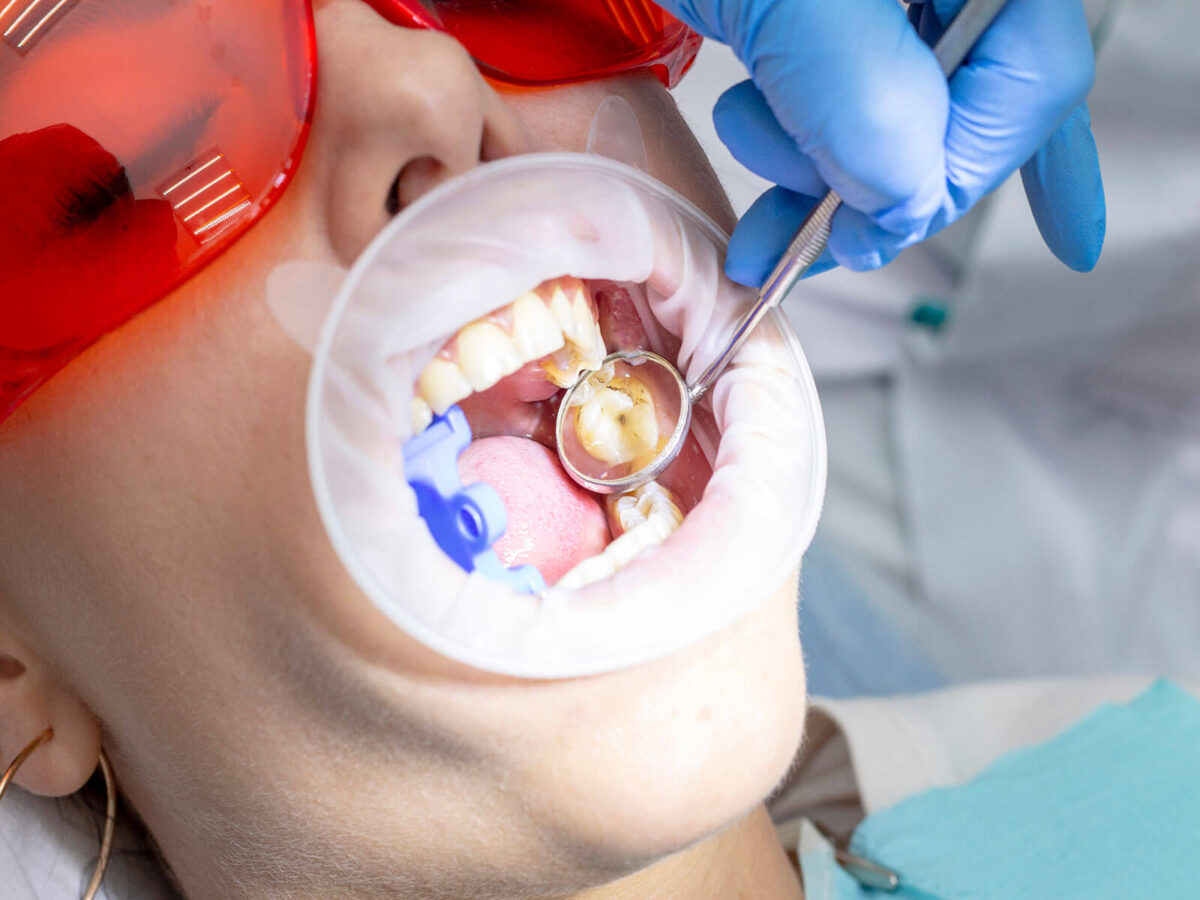Blog
Dental hygiene tips for healthy teeth & gums

Sedation Options For Wisdom Teeth Extraction
Wisdom tooth extraction, often necessary due to impaction, crowding, or infection, can require various sedation options to enhance patient comfort and reduce anxiety. In this article, we explore different sedation methods for wisdom teeth extraction, helping patients make informed choices based on their preferences and the complexity of the procedure.
Local Anesthesia:
- Pros: Few side effects, brief recovery, and quick discharge post-treatment.
- Cons: Patients remain conscious and aware during the procedure but without pain.
Nitrous Oxide (Laughing Gas):
- Pros: Fast-acting, easily adjustable, quick recovery, and mild amnesic effect.
- Cons: May be insufficient for complex procedures; can cause nausea or dizziness.
Oral Sedation:
- Advantages: Deeper relaxation than nitrous oxide, suitable for mild to moderate anxiety, and potential amnesic effects.
- Cons: Delayed onset, drowsiness, and longer recovery time.
IV Sedation (Intravenous Sedative):
- Advantages: Precise control of sedation level, suitable for complex procedures, rapid onset, and adjustable sedation.
- Cons: IV insertion may be uncomfortable; longer recovery and post-treatment assistance are needed.
General Anesthesia:
- Advantages: Ideal for complex extractions, total unconsciousness, and pain-free experience.
- Cons: Requires intubation and vital sign monitoring, potential grogginess, nausea, and extended recovery time.
Choosing the Best Sedation Method:
- Procedure Complexity: Local anesthesia may suffice for simple extractions, while complex cases may need deeper sedation.
- Anxiety Level: Discuss anxiety concerns with your oral surgeon to choose an appropriate sedative.
- Medical History and Health Conditions: Inform your surgeon of any health issues or medications that might affect sedation choices.
- Discuss Preferences: Open communication with your oral surgeon helps tailor the sedative method to your needs.
- Follow Instructions: Adhere to pre-operative and post-operative guidelines for a smooth recovery.
Conclusion:
Choosing the right sedation method for wisdom teeth extraction involves considering the procedure’s complexity, your anxiety level, and overall health. Collaborate with your oral surgeon to select the most suitable method, ensuring a comfortable and stress-free extraction experience. Successful and safe sedation requires open communication, a thorough discussion of options, and adherence to pre- and post-operative instructions.


